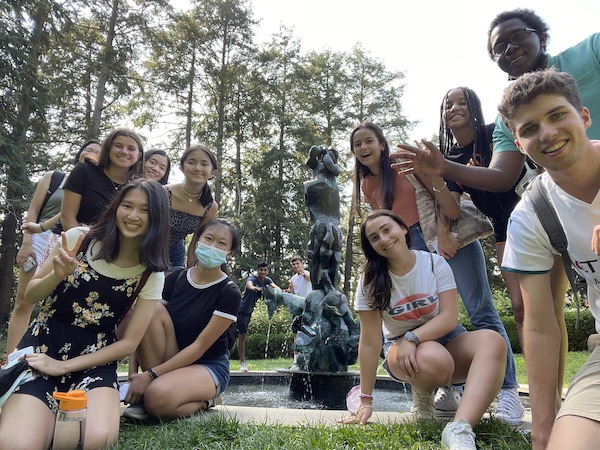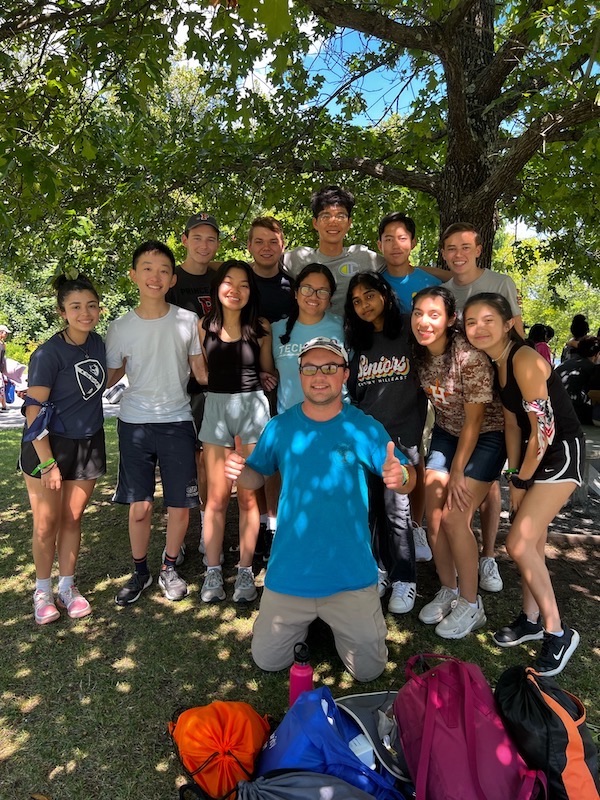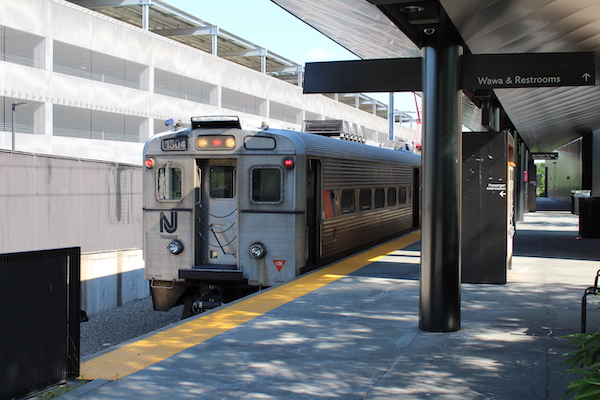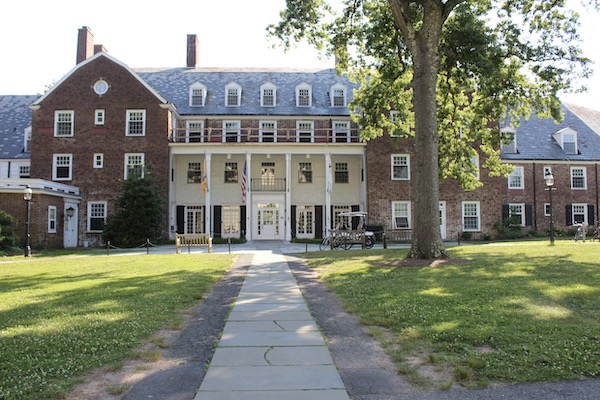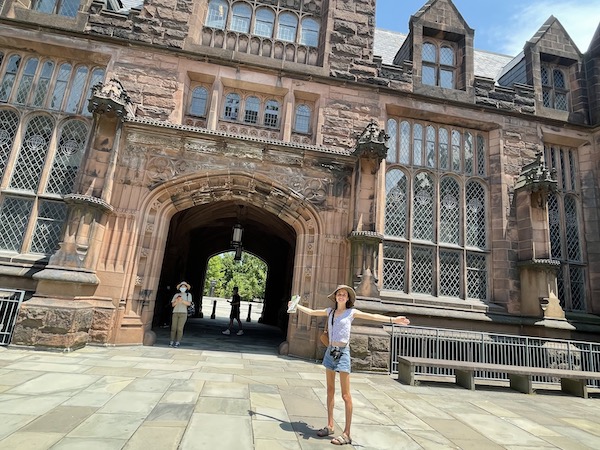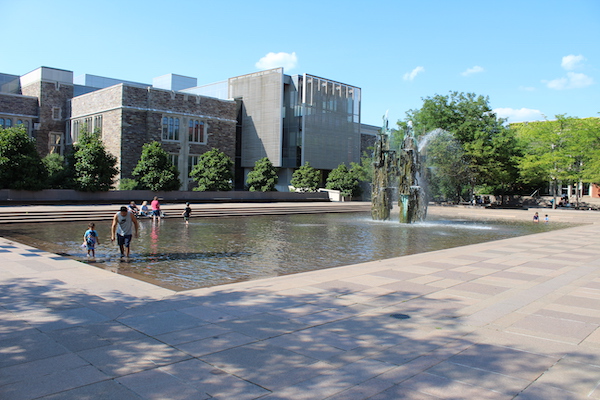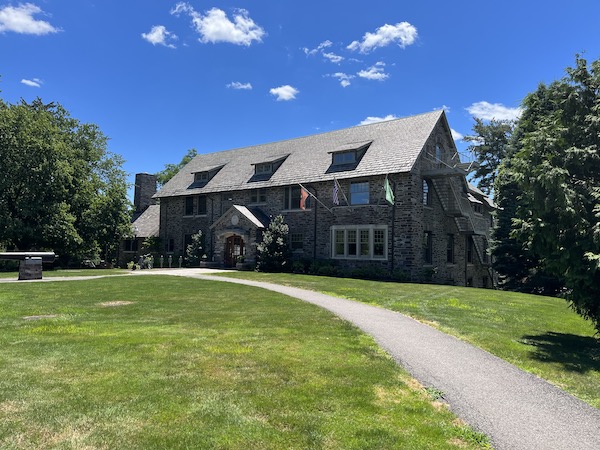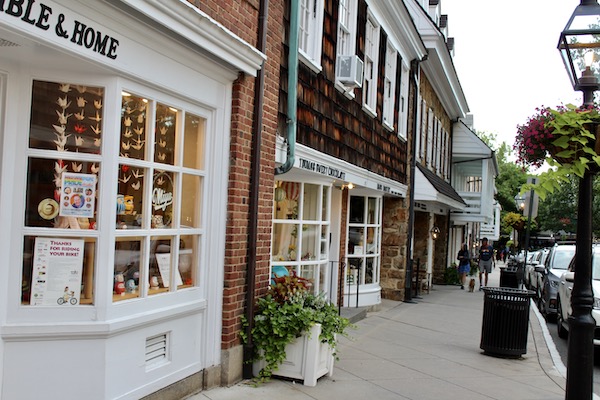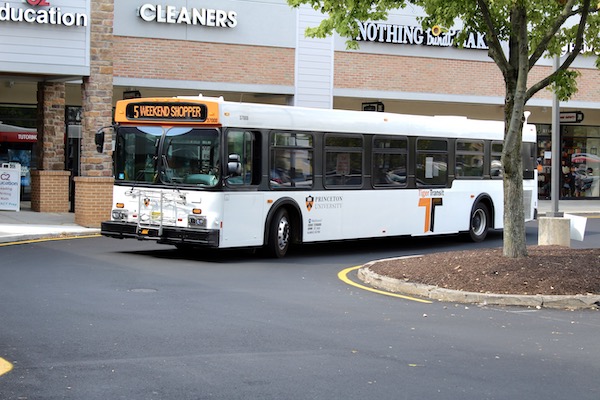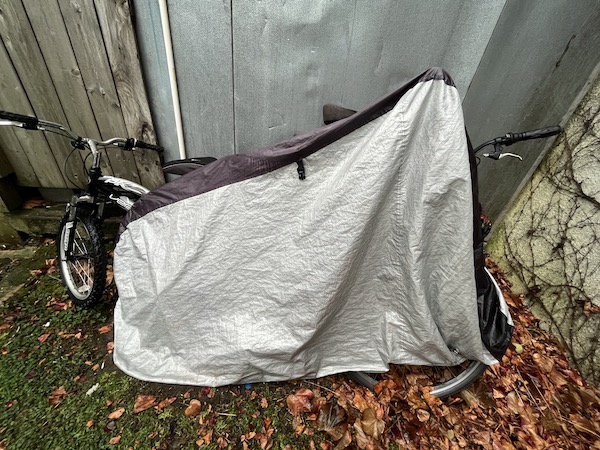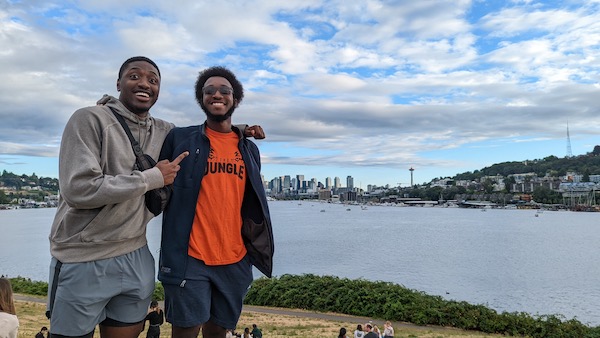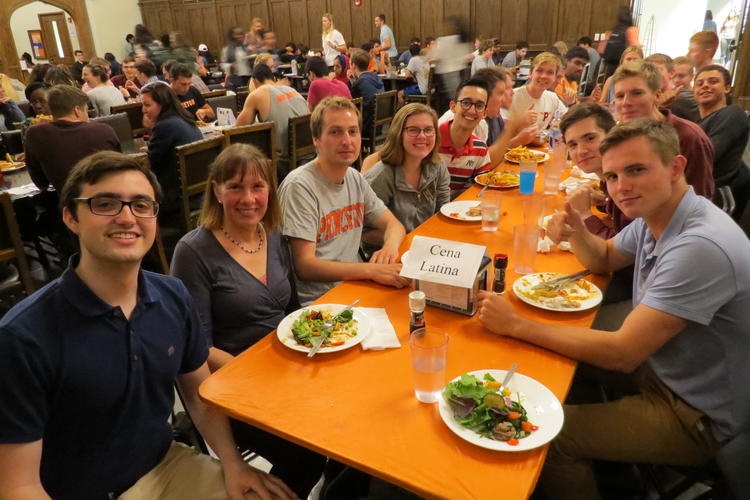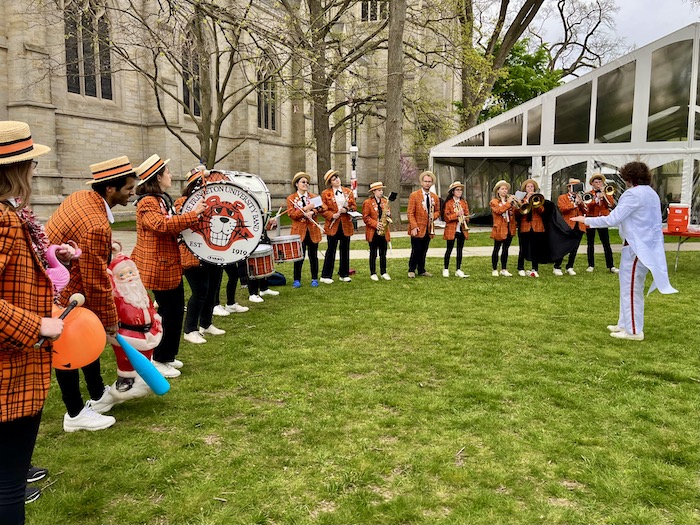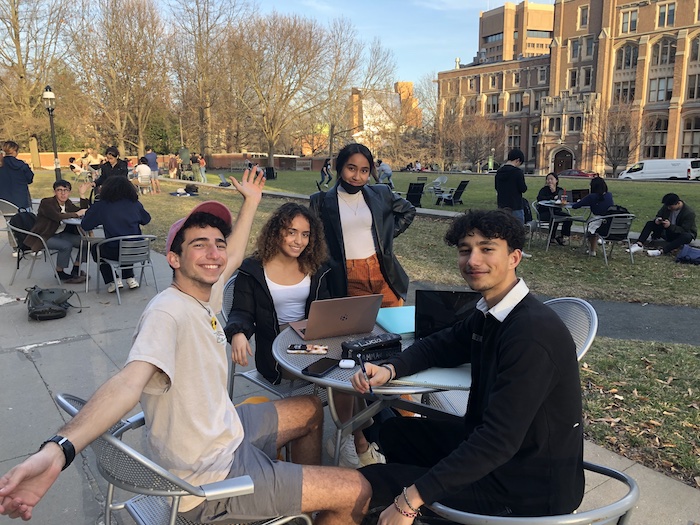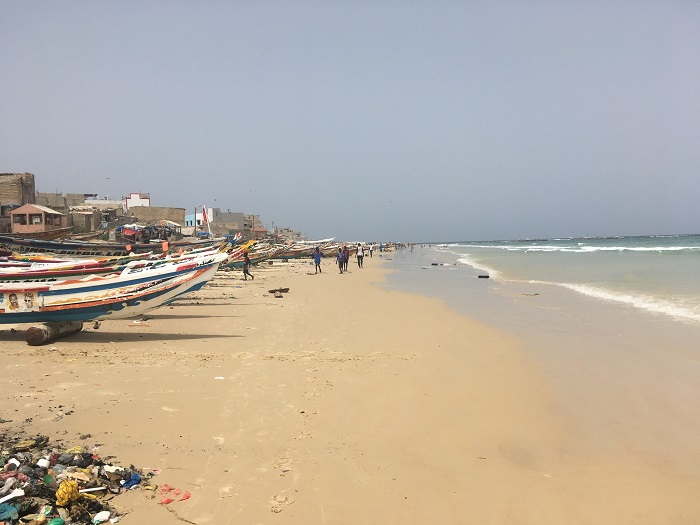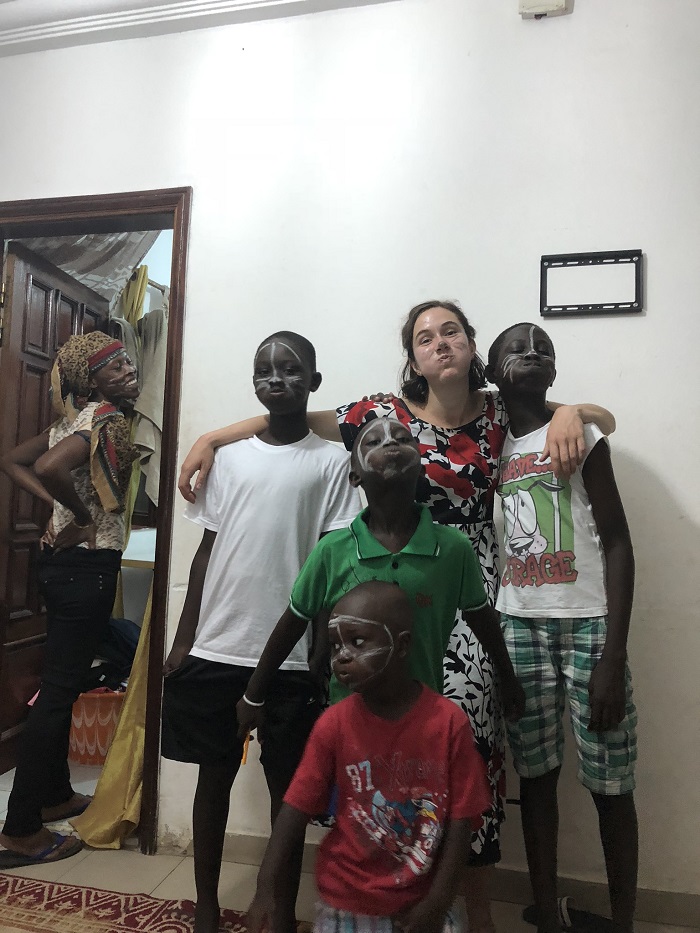What do molecular biology, poetry and the sociology of war have in common?
Frankly, not much, though they are all classes that I have taken in the last two years.
At Princeton, you are expected to take courses which enable you to explore departments and topics different from your own chosen field of study. In addition to taking a writing seminar during my first-year and fulfilling a language requirement, students completing a Bachelor of Arts (A.B.) degree must take courses across eight different distributions, including Ethical Thought and Moral Values (EM) and Quantitative and Computational Reasoning (QCR).
This system of Distribution Requirements, also known as general education requirements, is meant to give students a large degree of academic freedom as opposed to requiring very specific courses such as is common at other institutions. Additionally, the encouragement to pursue a variety of courses leads to a degree of well-roundedness which gives students both a greater respect for other fields and a greater understanding of the limitations of their own field. I believe this is something that is unique to the Princeton experience, and something that enables tremendous growth as a scholar.
As someone pursuing an A.B. degree in Politics, I have never felt limited by my primary department’s requirements. Like many of my classmates, I am someone who has more than one academic interest, and I am thankful that I have been able to explore such a wide range of subjects in a way that does not make these distribution requirements feel burdensome. Rather, the exposure to many disciplines and forms of thinking has allowed me to approach all of my courses with a fresh perspective that draws from this broadened pool of knowledge.
Last semester, my schedule included a class from the molecular biology department, From DNA to Human Complexity, and another in the sociology department, The Western Way of War. This meant that on Wednesdays, I spent the morning discussing the sociology of how war is waged by the Western Hemisphere, and in the afternoon, I got to perform lab experiments highlighting key ideas regarding genetics. This was a fun experience alongside the classes I was taking towards my major and certificate. By now, I have taken classes in departments that I never would have thought to explore otherwise, such as linguistics. Even in a field so different from my own, I was able to explore questions of cultural identity that still deepened my understanding of the world around me.
As I prepare to begin the spring semester of my sophomore year and approach the date to officially declare my concentration, I am excited to continue taking advantage of the unique intellectual playground at my disposal.







